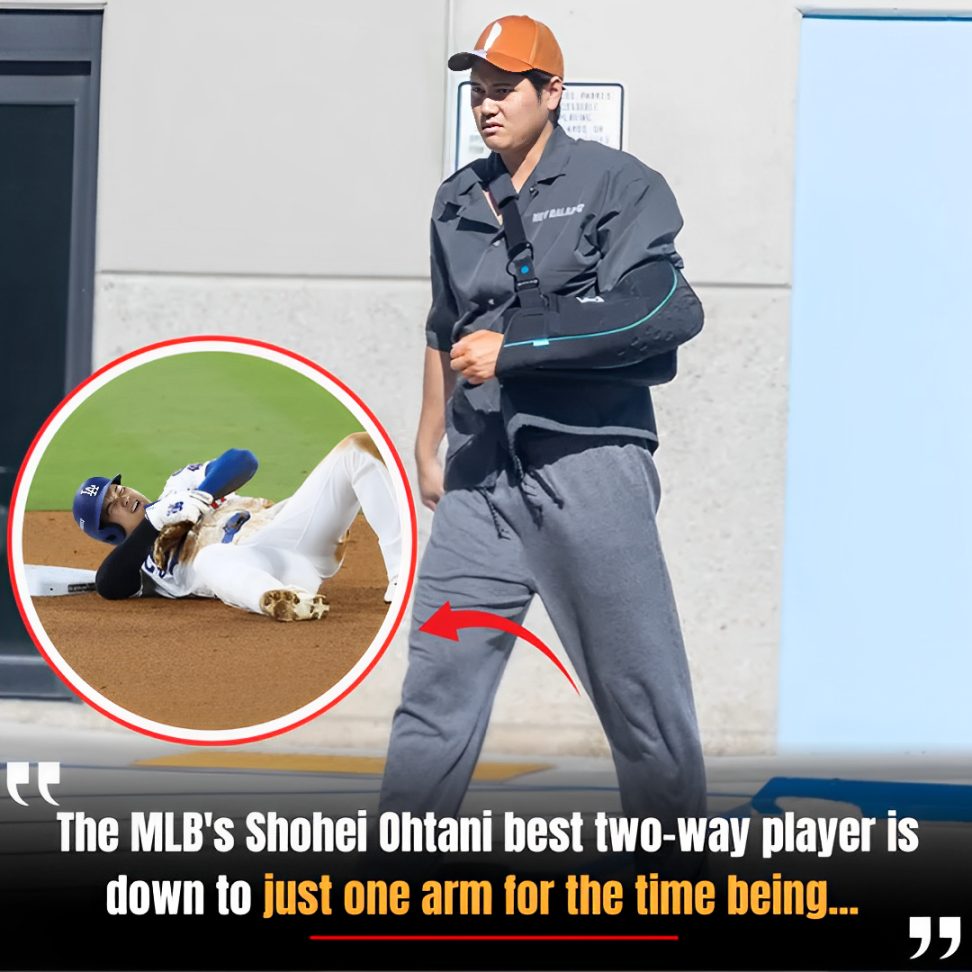The case for and against Red Sox trading for Mike Trout originally appeared on NBC Sports Boston
Arguably the best MLB player of his generation and one of the greatest ever could be available on the trade market this winter.
The Los Angeles Angels are open to trading Mike Trout if the superstar outfielder indicates he wants a change of scenery, according to USA TODAY’s Bob Nightengale. As Nightengale notes, Trout has exclusive no-trade rights and recently stated he wants to have a private conversation with the front office and ownership about their direction.
If Trout decides to move on from Anaheim, the other 29 MLB front offices should ring Angels general manager Perry Minasian’s phone off the hook. Although the three-time MVP will be expensive, and injuries have plagued him over the last few seasons, it would be malpractice to not at least inquire about a player of his caliber.
But pulling the trigger on a Trout mega-deal may not be wise for some clubs. For example, there are compelling cases for why the Boston Red Sox — and whoever ends up leading their front office — should and shouldn’t pursue a trade for him.
So, do the pros of acquiring Trout from the Angels this offseason outweigh the cons? Let’s find out.
Pros to acquiring Mike Trout
The résumé speaks for itself
Who doesn’t want a three-time MVP, 11-time All-Star, and nine-time Silver Slugger? Trout would immediately become the best player on the Red Sox roster as well as on almost any other team in the league.
When healthy, Trout is a safe bet for 30-40 home runs and an OPS above 1.000. He’s still elite even if his MVP days are behind him. And if you’re going strictly by the Baseball Reference page, it shouldn’t take much convincing to jump on the “bring Trout to Boston” bandwagon.
Much-needed star power
Trading Mookie Betts and letting Xander Bogaerts walk in free agency left Boston with a glaring lack of star power. One could argue Rafael Devers is the only real draw on the current roster, though a case can be made for up-and-coming slugger Triston Casas.
Trout’s arrival would instantly solve that problem. Sure, he isn’t exactly the most exciting personality, but his talent would be enough to get the Fenway Faithful fired up for the 2024 campaign. The ballpark would be filled with Trout Red Sox jerseys bought by fans who have been searching for non-Devers merchandise worth purchasing. From a business and team interest standpoint, acquiring Trout would be a home run.
A “win now” move
Chaim Bloom’s departure seems to indicate the Red Sox are ready to make some big moves this winter. Team CEO Sam Kennedy made it clear after Bloom’s firing that the club is focused on bringing World Series-caliber baseball back to Boston, no matter what it takes.
A Trout trade certainly would indicate an aggressive “win now” approach. It would be much to the chagrin of those who hold Boston’s top prospects dearly, but it would be a firm statement from the Red Sox front office and ownership group that they’re going for it. That would be refreshing, because we haven’t gotten that sense from Boston’s brass over the last half-decade.
Cons to acquiring Mike Trout
Age
Trout is set to enter his age-32 season. There appears to still be plenty left in the tank, but any team that adds a star who’s approaching their mid-30s should temper expectations. From Albert Pujols to Josh Hamilton — both ironically traded to the Angels — we’ve seen a number of deals for aging ex-MVPs turn into disasters. Adding Trout, especially given his recent injury history that we’ll get to below, would be a high-risk move.
The price
Trout is owed approximately $248 million over the next seven years. Unless the Angels eat a significant amount of that contract, it doesn’t make much sense for the Red Sox to invest that kind of money in such a high-risk asset, no matter the talent. The Chris Sale deal should be enough to give Boston’s front office pause.
There’s also the prospect haul the Red Sox would have to send to the Angels to make such a deal happen. Even with Trout’s age, contract, and injury history factoring into the return, Boston almost certainly would have to part ways with multiple top prospects to acquire him.
The injuries
As great as he still is when healthy, Trout hasn’t been able to showcase it consistently over the last three years. If he doesn’t return this season due to a nagging wrist injury, he’ll have missed 249 games since the start of the 2021 campaign. He hasn’t played more than 140 games in a season since 2016.
More pressing needs on roster
The Red Sox have bigger fish to fry. Their rotation is in need of a significant overhaul, so allocating their resources toward fixing that problem makes more sense than shelling out more than $200 million on a 32-year-old Trout. Impending free-agent starters like Yoshinobu Yamamoto and Blake Snell should pique Boston’s interest more than any positional player.
Conclusion
We’d be lying if we said we wouldn’t get a little excited if the Red Sox landed Trout. He’s a generational talent who would add much-needed star power to an organization that has been lacking in that category since Betts’ departure. Other than two-way superstar Shohei Ohtani, you’d be hard-pressed to find a better baseball player than a healthy Trout.
That said, it just doesn’t make much sense for the Red Sox to pursue a Trout trade heading into the 2024 season. It would be far too risky of a move given the current state of the team. The last thing the organization needs is another aging, injury-prone star on a lengthy, expensive contract when there are other glaring needs on the roster. Plus, Boston already has a plethora of exciting, up-and-coming outfield options including Jarren Duran, Wilyer Abreu, and Ceddanne Rafaela. The focus this offseason should be on improving the starting pitching staff.





